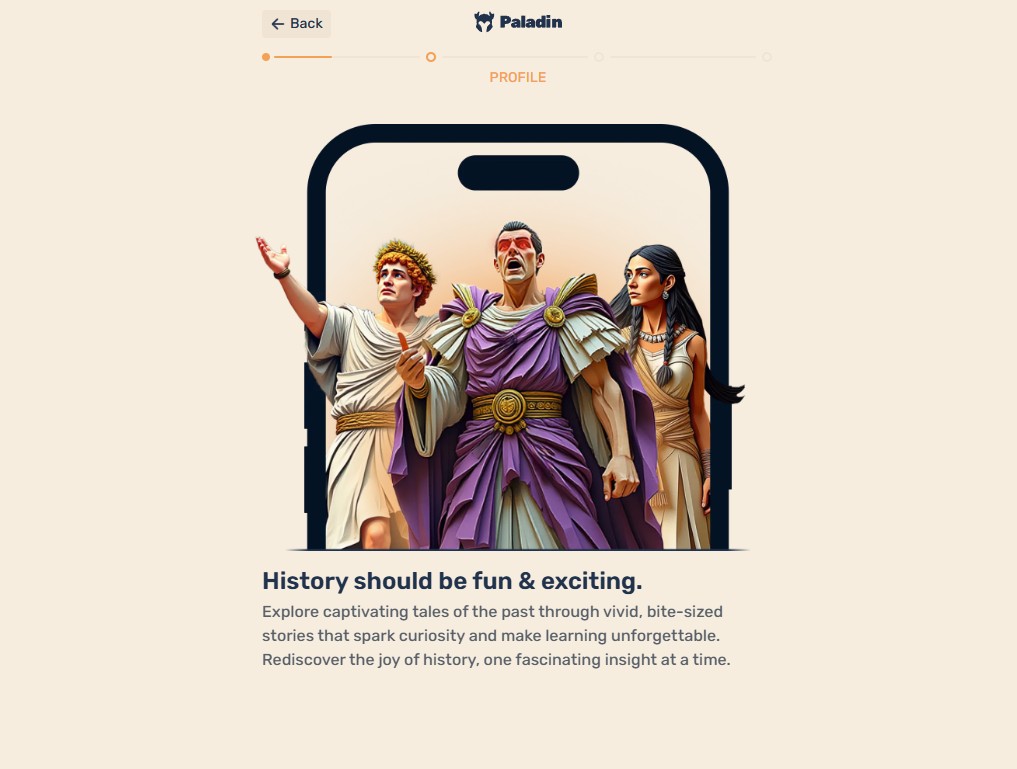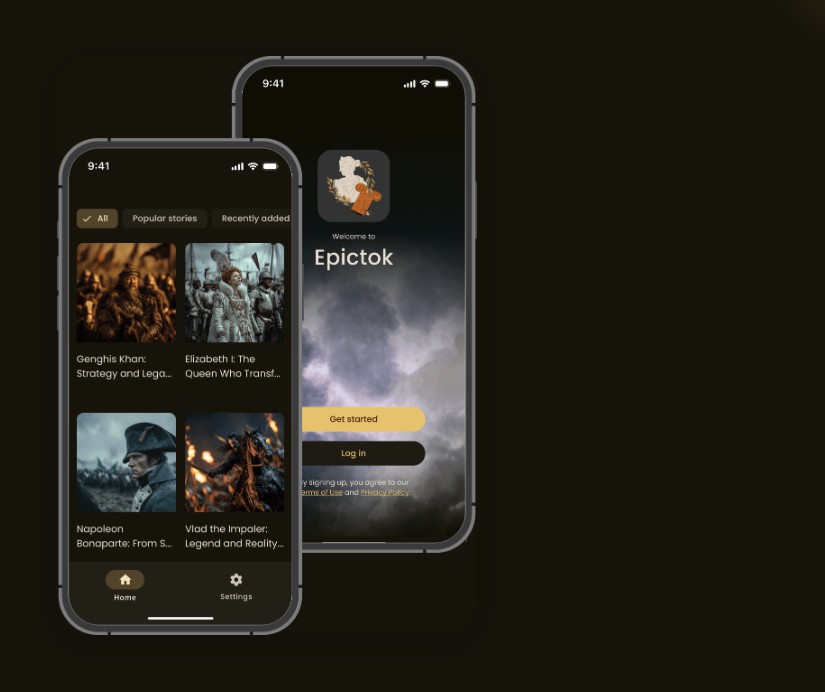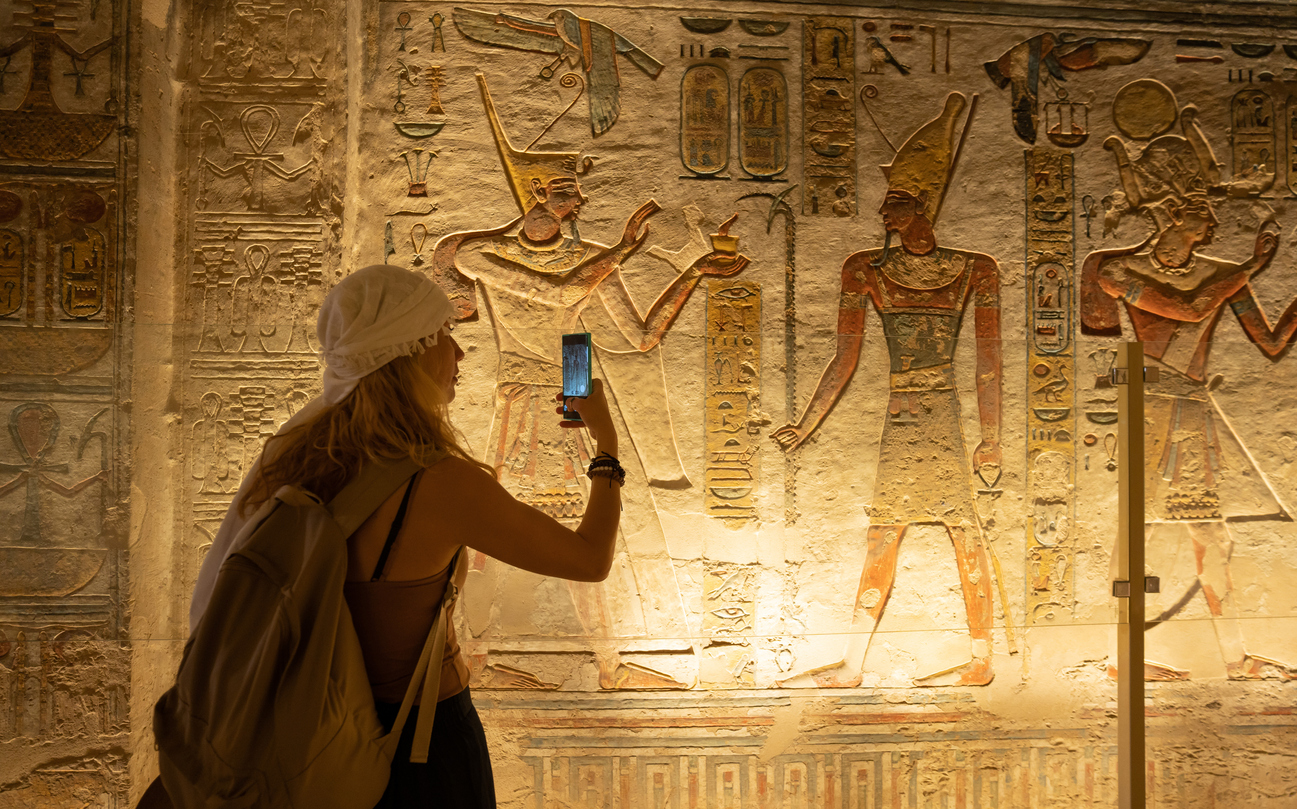You’ve probably seen the ads sliding into your Instagram reels: “Stop scrolling. Start learning.” For once, the slogan might be right. Instead of losing half an hour in algorithm-driven loops, a new wave of history apps is turning your phone into a pocket-sized museum, classroom, and time machine.
These apps aren’t about dry timelines or dusty names. They tell stories—about emperors, codebreakers, artists, and battles—in ways that fit modern attention spans. Five minutes here, ten minutes there, and suddenly you’ve picked up more than you ever did in a semester-long survey course.
Yes, they’re not entirely free, and you probably won’t use them all the time. As entertaining as the stories can be, they still demand brainpower—attention, memory, and a willingness to think. Which, in a way, is the point.
For travelers, they’re especially handy: waiting in an airport lounge, stuck on a train, or decompressing in a hotel room, you can swap another round of Candy Crush or other puzzle games, social casinos, or slot casino apps for something that actually sticks with you.
They are kind of an app-version of bringing a book to the beach or pool: something you dip into between swims or sips, and come away with more than when you started.
Here are three of the most creative history apps to download.
3 History Apps That Make Learning Addictive (in a good way)
DailyArt – A Global Museum in Your Pocket (BEST APP)


Launched in 2012 by Moiseum, DailyArt is already a cult favorite with over 9 million downloads and a near-perfect 4.9 rating. Every day this educational app delivers a new artwork with a short, engaging story about the piece, the artist, or the context. Its catalogue now includes more than 3,800 artworks, 1,200 artists, and 600 museums.
The app also features thematic collections, such as “Cats in Art” or “Italian Renaissance,” and unique city guides that help you discover masterpieces while traveling. Available in 23 languages, it’s free with ads or just $5.99/year for the premium version.
But reviews show a split personality. Some users rave—“I even bought a print of a painting I saw on here and fell in love with it.” Others say the app helped them discover their love of art and art history.
At the same time, frustrations pop up: “Too many features in the app require payment. Museums, arts, painters—almost all of them are locked,” one reviewer noted. Another lamented the “ever-present ad at the bottom of the screen” as a distraction.
Still, for many, it’s “a really good way to discover artists you’ve never heard of” and to see art across different mediums.
Free with optional in-app purchases, DailyArt remains one of the most accessible ways to bring a bit of the gallery into your daily routine—whether you’re at home, commuting, or traveling.
Paladin – Gamified Micro-History


Paladin (by Brainstash Inc. in the US and Deepstash SRL in the EU) has been downloaded more than 3 million times, and it’s not hard to see why. Every session is a bite-sized story about someone like Alan Turing, Nikola Tesla, or Attila the Hun, fact-checked by historians and designed for five-minute daily learning.
The app works like a game: unlock legendary characters, test yourself with quizzes, and track your progress through different eras.
With more than 200 stories—from Ancient Rome to World War II—Paladin keeps lessons short but gripping. Free to start, with premium upgrades, it’s perfect for those who want a quick history fix on the subway or between flights.
Epictok – History as a Soundscape


If Paladin is history as a quiz game, Epictok is history as meditation. Each seven-to-ten-minute episode is a narrated story about figures like Genghis Khan or Elizabeth I, layered over ambient backdrops—vinyl crackle, piano, even stormy winds. The idea is to create a mindful listening experience: you can use it for focus, relaxation, or winding down after a long day.
It’s less about memorizing dates and more about immersing yourself in the drama of the past. Subscriptions cost $6.99 per month or $39.99 a year (with a 14-day money-back guarantee). For digital nomads or travelers, Epictok is ideal—download stories offline and listen during flights or evening walks.










